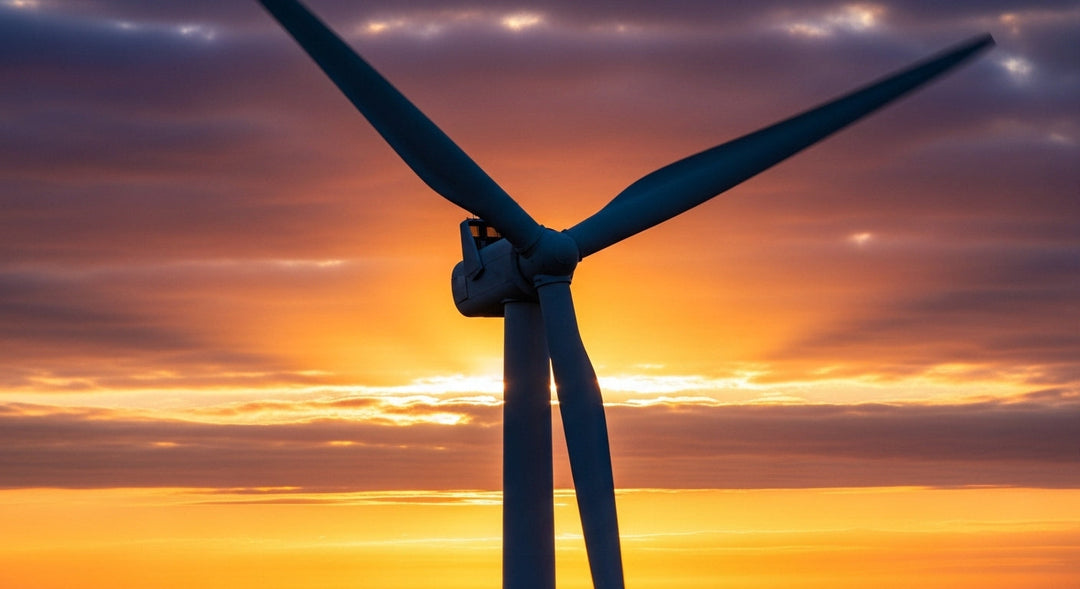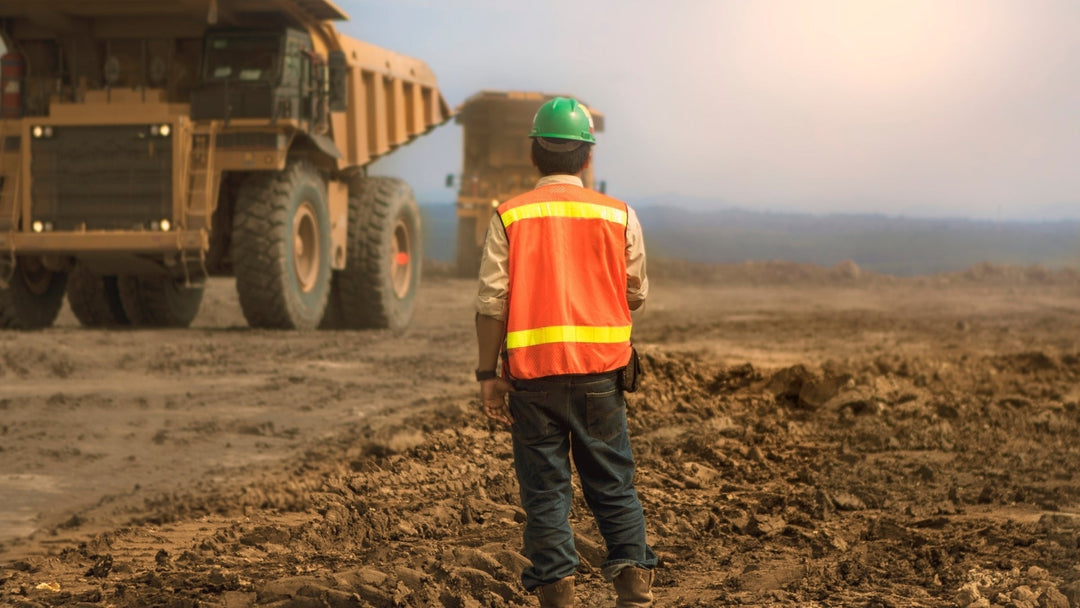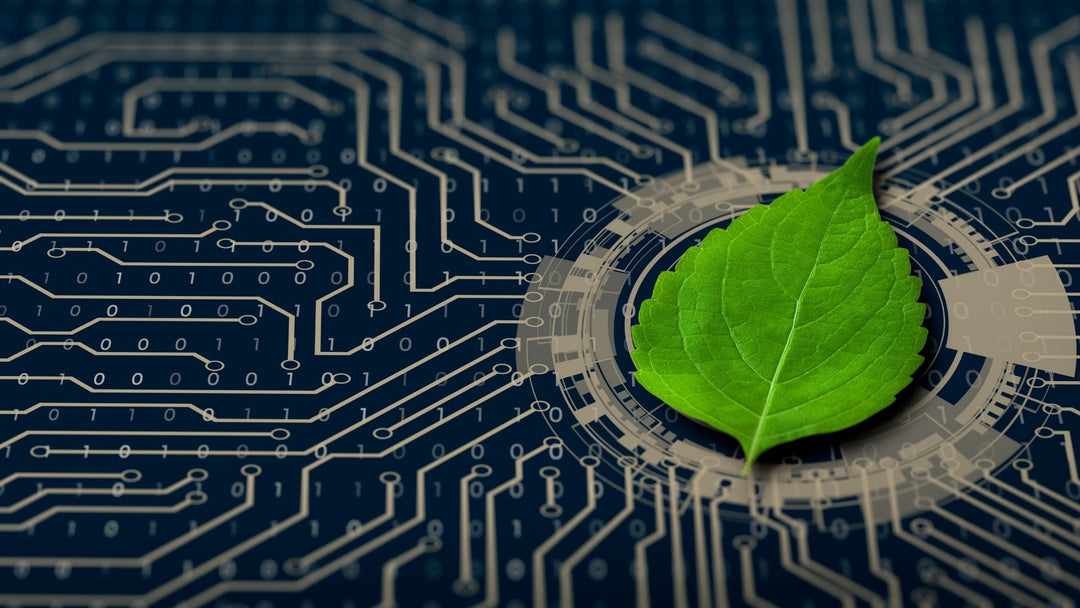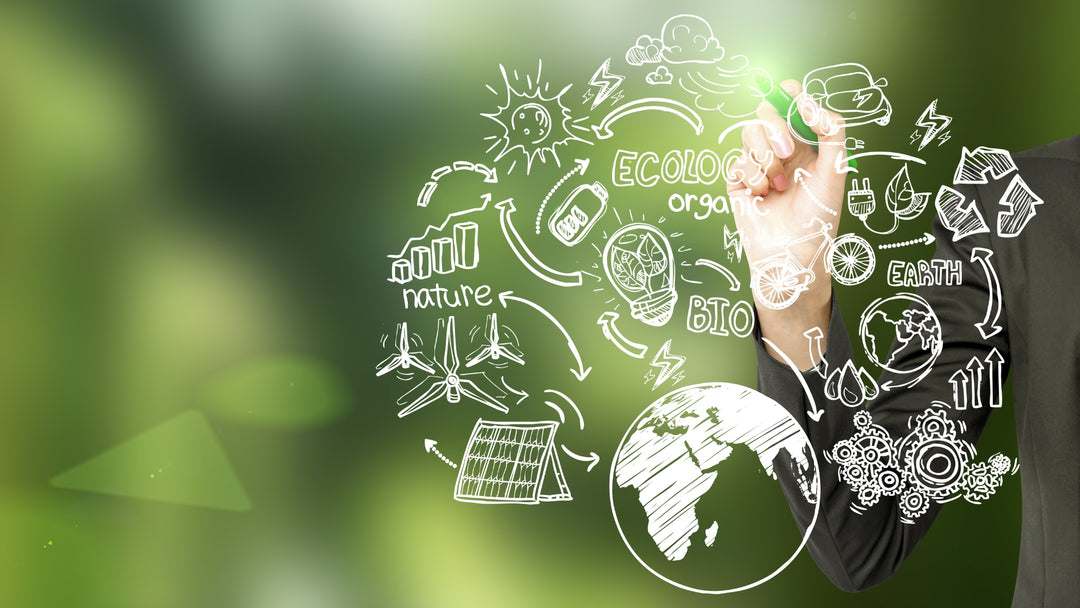Energy Can Help to Drive Africa's Recovery
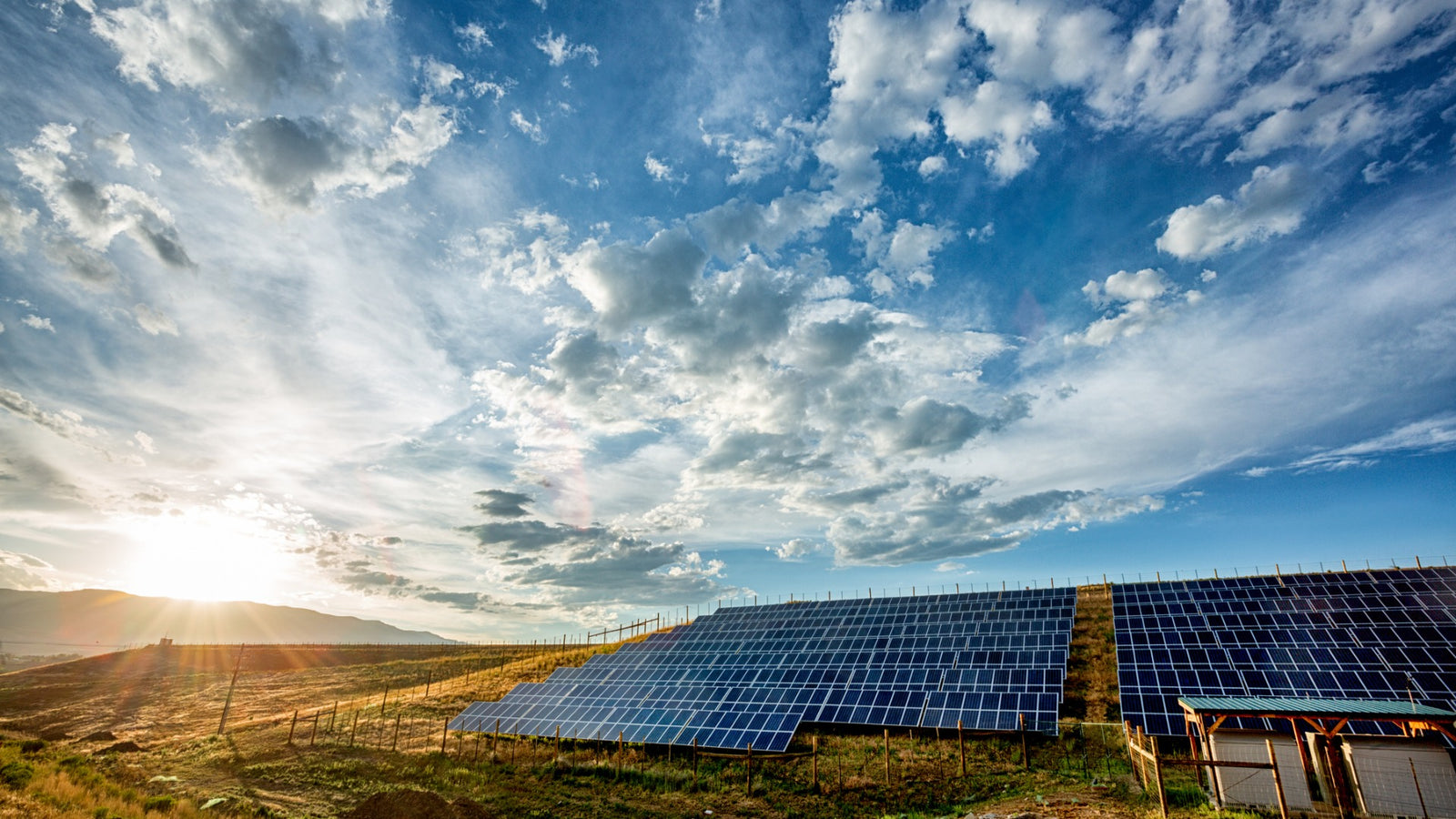
The coronavirus crisis has disrupted life around the world, but there is still a chance to limit the economic damage in Africa. The World Bank predicts that the crisis could send up to 58 million Africans into extreme poverty. However, that number can be cut in half if we make the necessary investments now.
Areas for Investment
The areas where investments are most needed are not always obvious. In many developed countries, the reduction in output decreased the demand for energy and created a surplus for consumers. In Africa, lower industrialization and higher consumer demand combined to put stress on power grids.
Despite declining oil prices, even relatively developed South Africa experienced rolling power outages due to breakdowns. Maintaining and expanding Africa's power generation capacity is crucial to food security today and economic growth in the future. We have a positive outlook for solar, LNG, wind, and on-site generation in Africa.
Past Successes Support Future Investment in the Sector
The successes in bringing electricity and prosperity to Africa before the coronavirus crisis show what is possible. Many nations were making substantial gains, although progress was uneven. The middle class on the continent tripled over a 30-year period, according to the African Development Bank.
Sub-Saharan Africa went through 25 years without a recession. During that time, many African countries made considerable progress in bringing electricity to the people. For instance, Senegal increased access to power from 26% of the population in 1993 to 69% today.
More recently, Kenya boosted access to electricity from 26% to 65% between 2011 and 2018 and we expect new hydro plants to support sustainable power. Efforts to bring power and economic growth to Africa have been enormously successful over the last quarter of a century.
Projects like Scaling Solar and even individual entrepreneurs can help to bring electricity to remote rural areas. Scaling Solar is a very effective approach developed by the International Finance Corporation (IFC), which is part of the World Bank Group. Among other goals, Scaling Solar seeks to standardize elements of agreements between banks and renewable energy developers.
Africa also has significant potential for hydroelectric power. Larger sites, such as the Aswan Hydroelectric Dam and Victoria Falls Power Station, have already been developed. Nonetheless, there are still many smaller opportunities for hydropower.
Recovering from the Crisis
The potential for tragedy is higher in Africa, but so is the potential for recovery. Approximately 60% of people in Africa are under 25 years old, which is a substantial advantage in recovering from the coronavirus. While anyone can get the virus, CDC statistics showed that less than 0.25% of U.S. coronavirus deaths occurred in people under the age of 25.
We expect Africa's weather will continue to be an asset in the development of solar power and other energy resources. Africa holds roughly 40% of the global potential for land-based solar power generation but has only 1% of the world's current solar electricity capacity. The ability to generate solar power on a smaller scale creates enormous opportunities for businesses and project developers.


